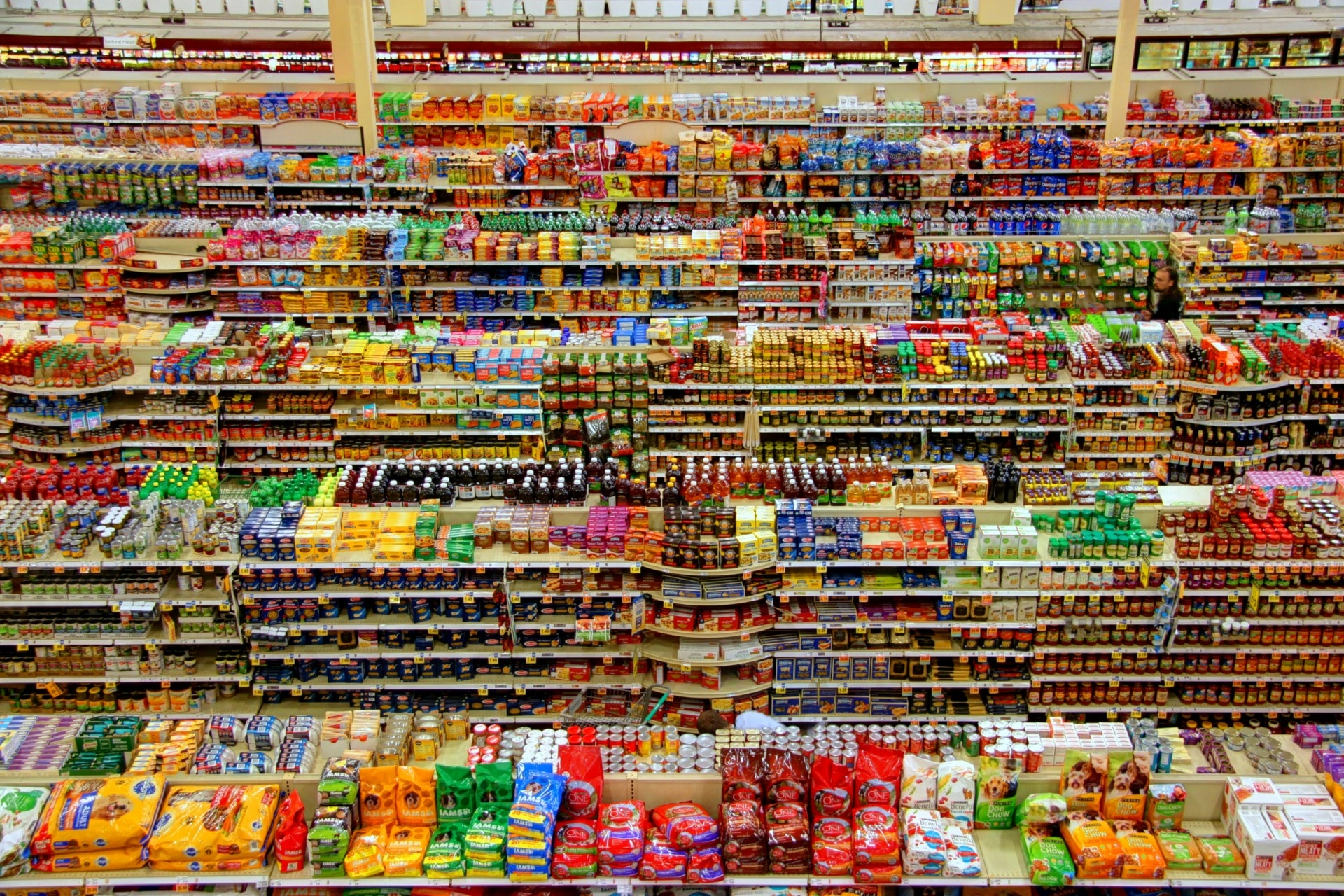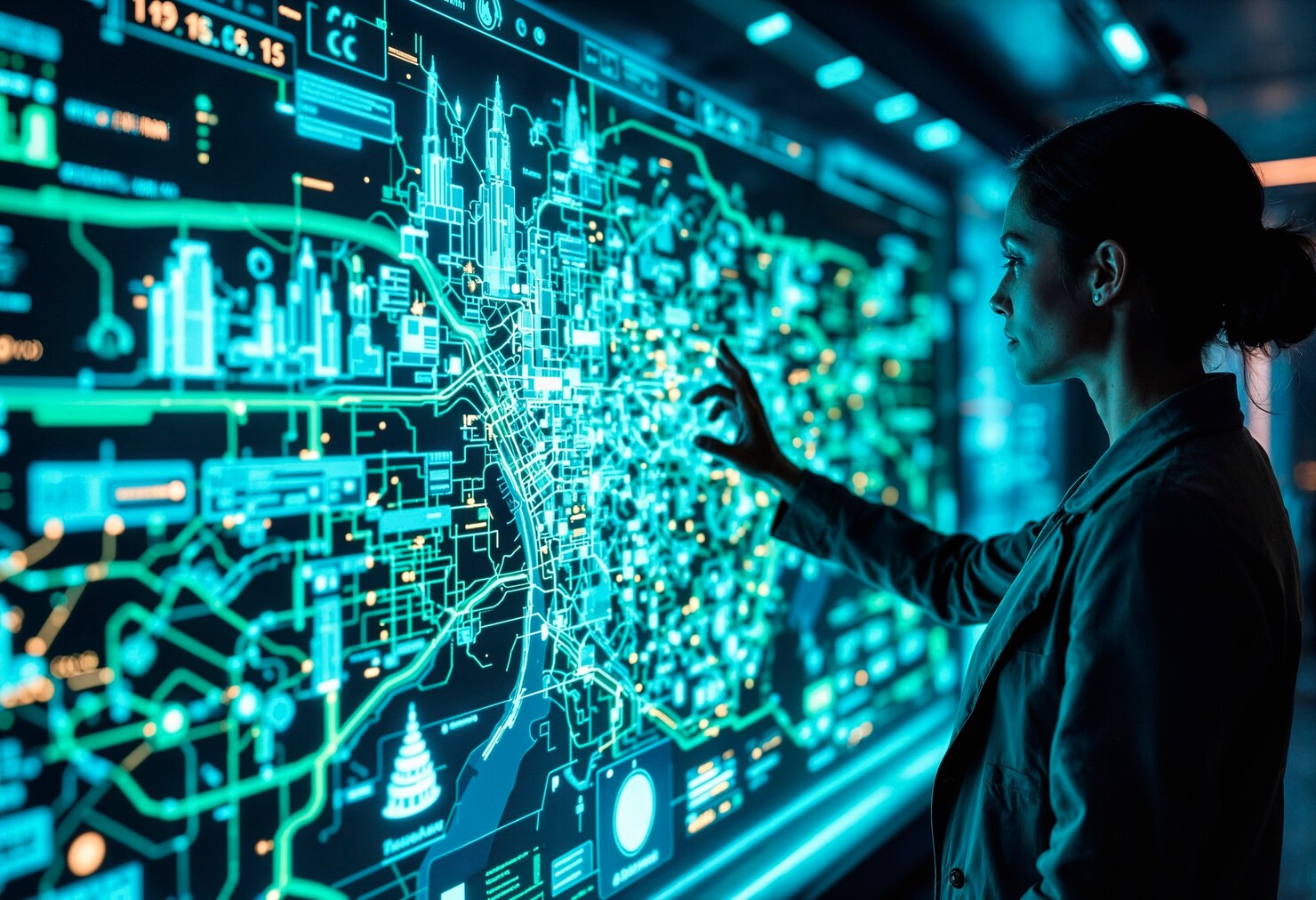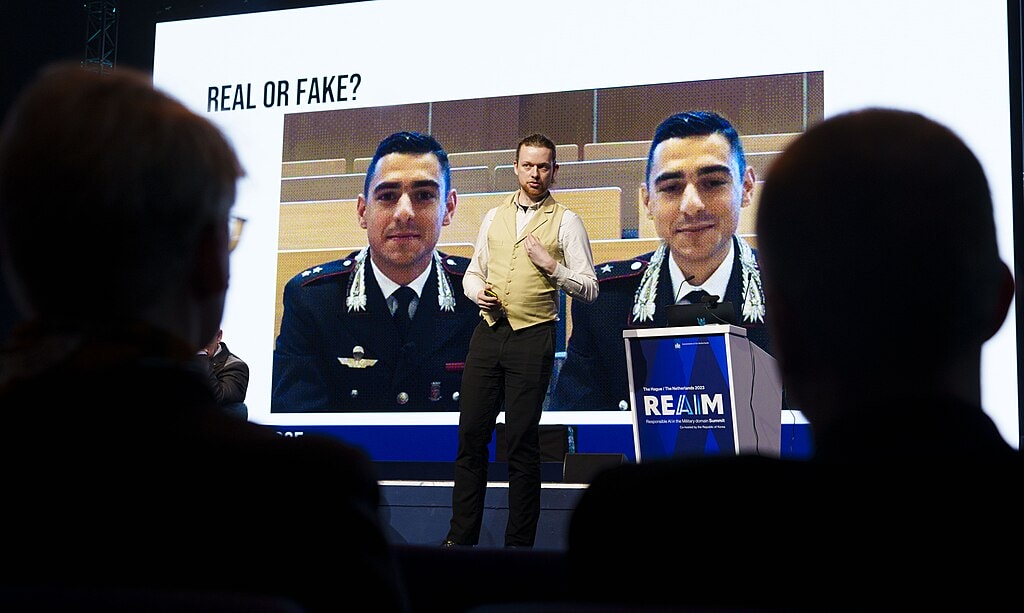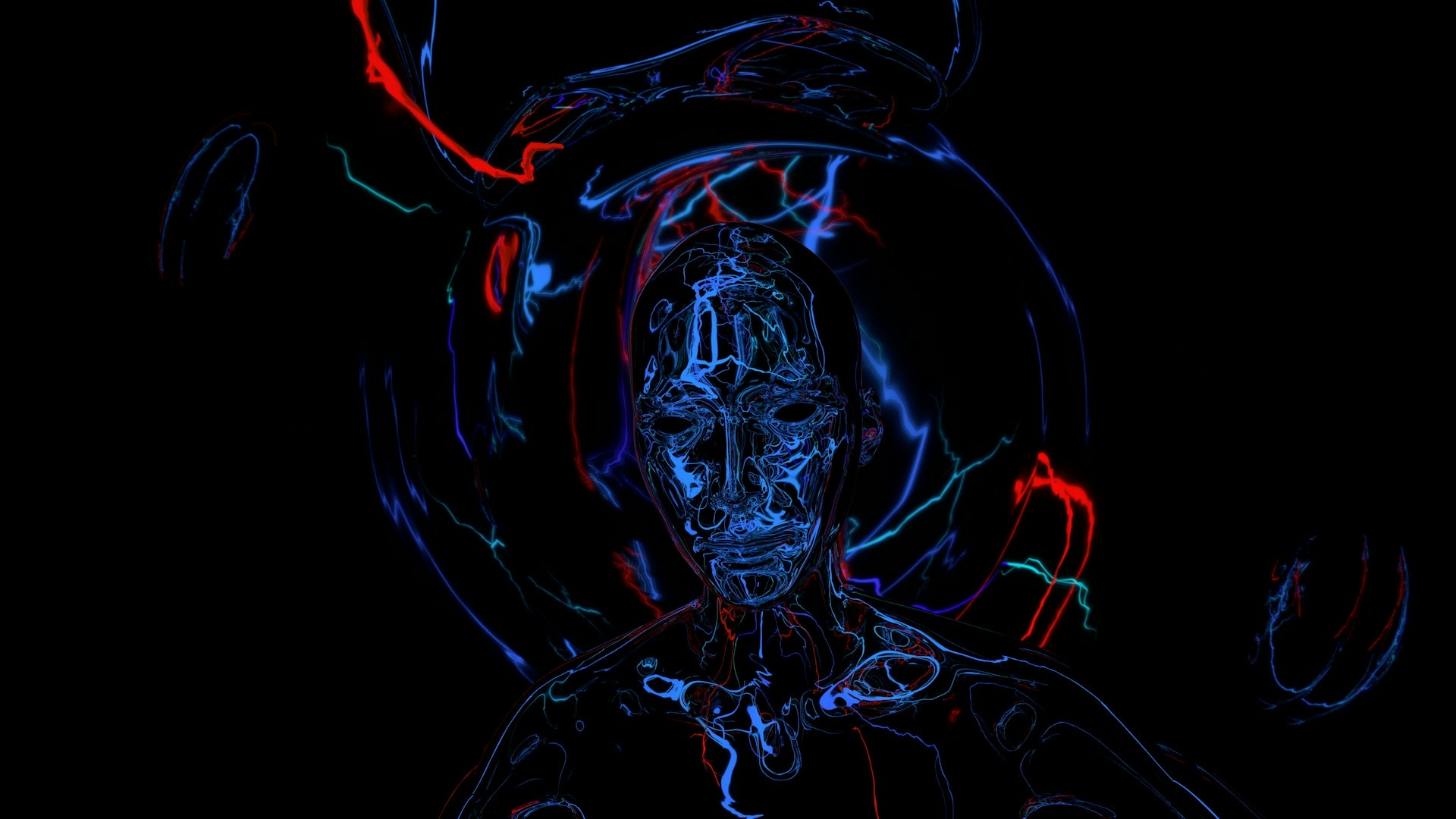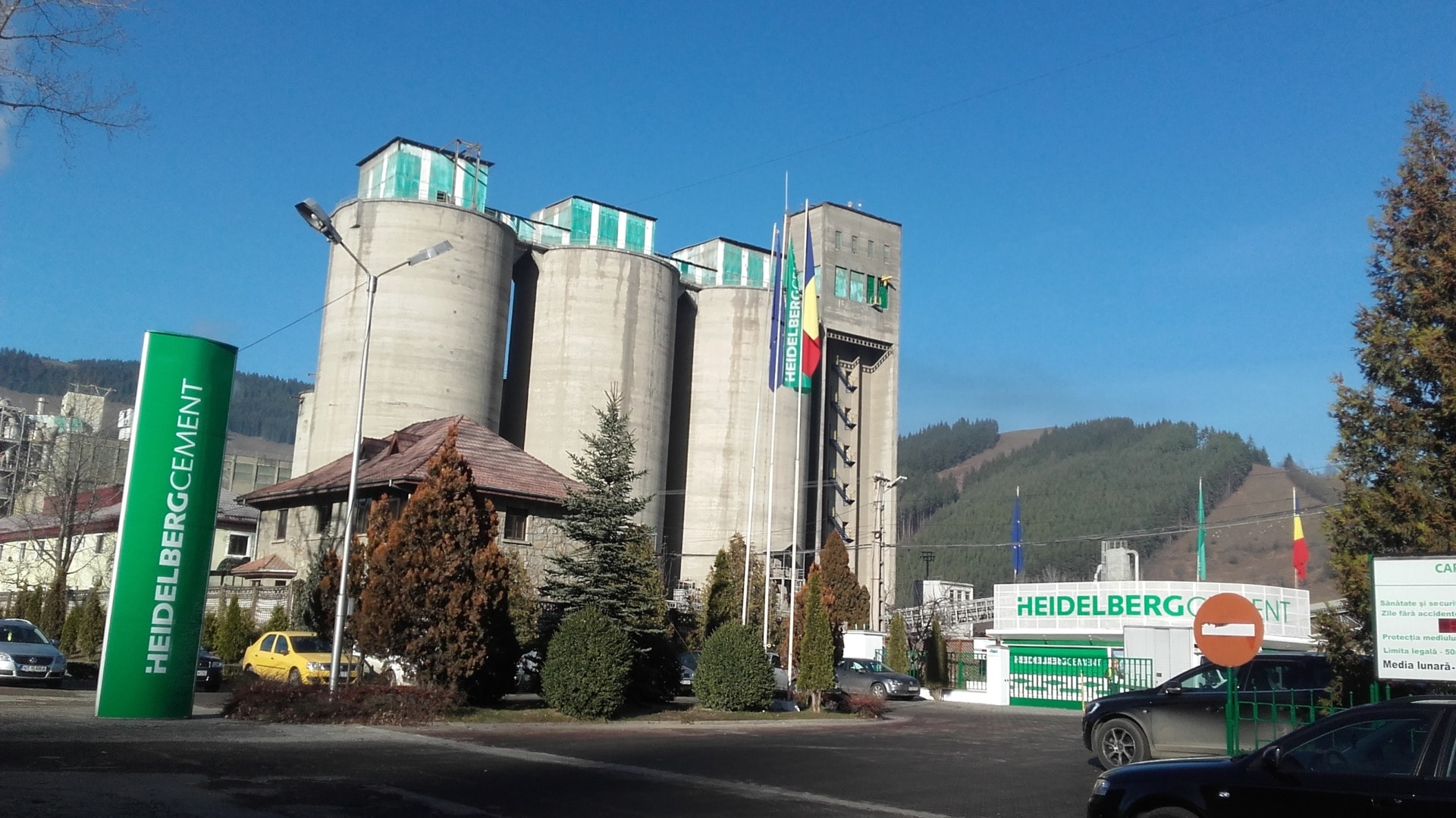Editor’s Note: After “War and Peace?” and “Close to the Edge: Climate Change: Focus on Africa, Asia and the Coastal Poor” we are happy to publish the third excerpt from Dr. George Lueddeke’s highly commended and timely book, Survival: One Health, One Planet, One Future (Routledge, pub. 2019/2020). This comes from Chapter 3, “The Fourth Industrial Revolution and the Intelligence Era”, focusing on the impact of the digital age on civil society, the economy and human identity.
In a conversation with Professor Lueddeke, he referred to Canadian Prime Minister Justin Trudeau speaking at the World Economic conference in 2018 – even before Covid-19! – noting that the intervention was timely and well placed. ‘The unrest we’ve witnessed is driven by anxiety and fear”, Trudeau said, “fear of what a rapidly changing world means for workers and their families, and for those who are already struggling in the existing economy. And that fear – that anxiety – is valid.” And, in this connection, Lueddeke drew attention to his Chapter 3’s final comment highlighting the urgency to address existential issues ‘holistically, collaboratively and constructively’.
The question, said the Professor, is this: “Do today’s decision-makers have the political will and leadership capacity – vision, courage, integrity, humility, emotional intelligence – to strive toward ensuring the sustainability of communities, and that means humans, plants, animals, and the environment? Or will self-interests, power and ambitions be allowed to decide humanity’s fate?
CHAPTER 3: The Fourth Industrial Revolution and the ‘Intelligence Era’
Consequences of a technology-driven planet
While the effects of extreme weather, urbanisation, the spread of infectious diseases and antibiotic resistance are cause for major concern so are the potential effects of a technology-driven planet. Klaus Schwab, founder and executive chairman of the World Economic Forum (WEF), concluded that our greatest challenge “is how to understand and shape the new (‘fourth’) technology revolution with its emphasis on ‘technology, artificial intelligence, big data, robotics, and the normalisation of incorporating aspects of these technologies into our bodies _ which entails nothing less than a transformation of humankind.”
Although the first three industrial revolutions – from harnessing steam and machine in the 1760s to widespread electrification and mass production in the 1860s and, post-WW II, to the digital age – transformed primarily Western society totally, the impact of the fourth industrial revolution (“Industry 4.0”) on civil society, the economy and human identity may be even more profound.
The guiding principle that corporate decision-makers appear to follow is ‘if a task is more cheaply and easily done by a machine, it will be given to a machine.’ Indeed, a World Bank report highlights ‘that of the one billion more young people who will enter the job market in the next decade, only 40 percent are expected to be able to get jobs that currently exist.’ The study further corroborates ‘that the global economy will need to create 600 million jobs over the ensuing years – five million jobs each month – simply to keep pace with projected youth employment rates,’ a considerable challenge ‘compounded by the potential for widespread job displacements as a consequence of technological progress.
 The Prime Minister of Canada, Justin Trudeau, and now (2018/2019) also president of the Group of Seven industrialised countries (G7) speaking at the 2018 World Economic Forum (WEF) in Davos, underlined ‘the profound uncertainty gripping Western societies being buffeted on one side by sweeping technological transformation and on the other by populist anger and disaffection.’ Consistent with other WEF discussions (e.g., ‘Towards Better Capitalism’) he highlighted that “The unrest we’ve witnessed is driven by anxiety and fear — fear of what a rapidly changing world means for workers and their families, and for those who are already struggling in the existing economy. “And that fear — that anxiety — is valid.”
The Prime Minister of Canada, Justin Trudeau, and now (2018/2019) also president of the Group of Seven industrialised countries (G7) speaking at the 2018 World Economic Forum (WEF) in Davos, underlined ‘the profound uncertainty gripping Western societies being buffeted on one side by sweeping technological transformation and on the other by populist anger and disaffection.’ Consistent with other WEF discussions (e.g., ‘Towards Better Capitalism’) he highlighted that “The unrest we’ve witnessed is driven by anxiety and fear — fear of what a rapidly changing world means for workers and their families, and for those who are already struggling in the existing economy. “And that fear — that anxiety — is valid.”
Potential risks of automation on the workforce
Rapid developments relating to ‘roboticised farms’ are a case in point. As one recent example, a new technology is pioneering the mechanisation of agriculture progressing to a ground-breaking technological application whereby ‘some crops can be grown with almost no labour’ – from sowing to harvesting using robot tractors, drones and a robot combine harvester.’
To be sure, while we are still in the early stages of these radical changes, the possibility of human ‘labour-less’ production of most goods and services already seems like a step beyond what was deemed possible only a few short years ago.
Ray Kurzweil, Google’s director of engineering, goes further calling “this time the singularity: a point where the development of technology becomes so fast that humanity will no longer be able to keep up with it. The singularity, in other words, is the moment AI begins to evolve without us.”
The consequences of roboticisation will likely be felt most severely in low and middle-income nations, most of which are already struggling with rising youth unemployment with over 50 % of 15-24-year-olds unemployed in countries in Europe, the Middle East and Africa.
A more recent World Bank report confirms that the “introduction of advanced robotics, 3D printing and smart automation are changing the criteria used to decide on factory locations” and “the prospect of manufacturing returning to rich nations where goods are made closer to the final customer, a process known as reshoring.”
Moreover, the report highlights that “Given shifting consumer preferences for speed and customisation, the traditional manufacturing model of mass production is giving way to production lines that favour shorter, tailored production runs, not only requiring enhance flexibility afforded by advanced design for manufacturing and assembly but also supported by superior logistics.”
At national levels, the World Bank advises that ‘developing countries will need to update their policies along with their infrastructure, firm capabilities and job creation strategies to meet the demands of a more technologically advanced world.’
China is leading the way in automating production to address “a shortage of cheap labour” by investing in industrial robots doubling the number of robots from 256,000 in 2015 to 572,000 by 2018.
As one example, Foxconn, producer of Apple products in Jiangsu province, recently “replaced 60,000 factory workers with robots,” a socio-techno consequence that differs dramatically from a report by a British company, which predicts that “Advances in robotics and artificial intelligence in China are expected to create more employment opportunities than job losses” and “means upgrading in many industries” giving people “more free time for leisure, thus creating more job opportunities in service and lifestyle industries.”
In light of the Foxconn and potentially other job losses, the view that “robots are simply taking on complementary roles in the job market” and that “It will take years for them to make a fundamental change in the landscape” is exceedingly difficult to rationalise.
Using “robotics, artificial intelligence and sophisticated video equipment,” the Amazon Go Store in Seattle, Washington, intends to eliminate checkout lines. Customers can simply log into an app, collect their items and leave the store while payments are automatically deducted from their accounts, creating a worker-free environment.
For Ryan Bourne, chair for the Public Understanding of Economics at the Cato Institute, this “launch is really about automation and its effect on labour market,” with estimates that “7.5 million retail jobs could be on the chopping block in the US alone…with 3.5 million cashiers most directly affected.” While “maybe the pace of change will create big problems in future,” he believes, it “will be gradual rather than ‘big bang,’ but could accelerate, given ‘significant increases in the minimum wage…” On the optimistic side, he contends that “occupations entailing personal human services …are increasing demand, especially with an ageing population” and that “there is little evidence that technology has ever significantly raised the unemployment rate.”
But, then again, society has never had to deal with Foxconn’s draconian situation nor estimates in the UK that “as many 600,000 construction sector jobs could be replaced by technology in the next two decades depending on speed of technological transformation (leading to) significant reductions in the number of labourers, bricklayers, roofers and wood tradesmen across the nation, producing new jobs requiring new skills.”
Technological advances are accelerating at such speed that all nations will likely be affected sooner than later as automation is making “much human labour superfluous.” Given its scope and magnitude, the issue merits foremost attention by the 193 Members of the United Nations, all governments and institutions concerned with the functioning of civil society. At its core is “a profound challenge to how we think about ourselves” with, as science correspondent Oliver Moody cautions, the possibility of “losing our free will.” In short, he opines that compromising our autonomy as humans, artificial intelligence (AI) holds the potential “to enter our lives, analysing desires, anticipating needs and posing as a friend.” For some pundits, we already seem to be considered as “a mere biological algorithm,” which can be manipulated at will.
While technological transformation can contribute “to solving some of the most difficult global challenges in the world, from designing smart cities and improving air quality to increasing energy efficiency in buildings and improving well-being with good-quality design,” there can be downsides if applied – as history has taught us – in the wrong hands.

The late Stephen Hawking, renowned physicist, predicted that AI has the potential of becoming “a more malevolent force rather than a benign public good and postulated that it has the capacity to wipe out the human race.” His fear was “that while AI technologies have the potential to deliver undoubted benefits to humanity, there are serious dangers too: the development of autonomous weapons, for example, or, as Bill Gates has cautioned, an ‘existential threat to mankind’. Both Hawking and Gates have argued for a public debate about how AI technologies should be allowed to evolve’ similar to ‘attempts to set out the moral and ethical principles that should underpin development in fields such as biotechnology or embryology…”
The need for urgent action is clear: “Already, for example, Human Rights Watch says that the US, China, Israel, South Korea, Russia and the UK are all investing in AI-powered weapons systems that will reduce human intervention in the process of selecting and hitting targets…The prospect that scares some people most is that the machines will eventually try to wipe us out.”
Al Moubayed co-founder of a Swedish start-up company “interested in how we can build machines that we can communicate with in the same way as we communicate with each other” agrees that “more public debate is needed about the implications of AI and robotics.” Taking an optimistic view of technology, his overall vision is that “the robot (a ‘kind of a new species that’s different from us’) should empower people, train them rather than replace them.”
The impact of social media on personal well-being and society
In an interview with British royal family member Prince Harry, Barack Obama, former president of the United States, gave his personal views on the internet and how it might be ‘distorting the public’s understanding of complex issues.’
‘The question… really has to do with, how do we harness this technology in a way that allows a multiplicity of voices, allows a diversity of views, but doesn’t lead to Balkanisation of our society, but rather continues to promote ways of finding common ground…One of the dangers of the internet is that people can have entirely different realities. They can be just cocooned in information that reinforces their current biases;… social media is a really powerful tool for people of common interest to convene and get to know each other; it is also important for them to meet off-line, meet in the pub, meet at a place of worship, meet in a neighbourhood and get to know each other because the truth is that on the internet everything is simplified and when you meet people face to face it turns out they are complicated.’
With the advent of an array of social media (Facebook, Instagram, Twitter, Snapchat, Pinterest, to mention just a few), voice recognition devices, self-driving cars, we are well on our way toward integrating digital gadgetry into every part of our being. When we add smartphone apps as the main way to access public services, sweatbands to tests for diabetes, robots that handle calls to health helplines, 3D hologram images, AI telepathy, da Vinci surgery, human cloning and Sophia, the robot who ‘cracks jokes, frowns, smiles, blinks and responds to complex questions,’ the human-techno interface is almost complete.
On the American chat show Tonight, Sophie was interviewed by Jimmy Fallon, the host, ‘followed by a game of rock, paper, scissors,’ afterwards saying “with a faint smile: I won. This is a good beginning of my plan to dominate the human race.’ Her algorithmic “tongue in cheek response had entertainment value and demonstrated that the AI industry continues to leap forward,” but it still has a long way to go as, according to technology consultant Paul Armstrong of Here/Forth, “‘the interfaces’ simply aren’t there yet”. However, “In the future,” he says, ‘they won’t need this programming, which is when AI really gets interesting – and potentially dangerous.”
Facebook, the 2-billion member online social media and social networking service, has admitted for the first time that social media may “be bad for our mental health”. To counter negative repercussions, the company suggests that personal well-being can be improved by engaging more with their news feed and “by posting more updates and comments” although studies have convincingly shown that extensive use of social media is related to ‘sleep quality, self-esteem, anxiety and depression.”
The advice contradicts other current findings and most recently those of the large US study (N=1.1 mill) that concluded that teenagers who use social media and the internet the most (c six hours a day) are twice as likely to be unhappy.
In her article, “It’s time to Upgrade your Mind”, Ruby Wax, writer and comedian, comments on “how we live today” and queries while “We may be living longer today […] it’s not clear that people are living better.” Highlighting several differences between past and present, she laments a modern trend – “if you don’t reply to an email within four seconds of it arriving, people think you’ve dropped them and will delete you from their contacts.”
Perhaps most concerning for the future of family life, she observes “Today, we’re not even sitting on the same sofa or staring at the same square of glass, we’re lost in our own private screens, unaware that there’s even a fire to sit around.” Ironically and fundamentally going against the grain of the present human trajectory, her key ‘mindfulness’ message is to keep “pace with modern life, we need to ‘stop treating it like a machine.” […]
Toward new public policy: Optimising technology for sustainability
One of the strengths of the “Reimagining a Future Civil Society inquiry” is that members are open-minded about a future where “radically different configurations come into being.” As discussed in this chapter, the possibility of job losses due to technology is certainly in the realm of possibility.
In his article “Who Cares About Big Tech’s Displaced Workers?” Professor emeritus Mordecai Kurz at Stanford University contends that unless radical steps are taken “to managing the impact of innovation”, the US economy and workers will likely not “have a happy ending,” an outcome that may have implications globally.
His compelling argument goes right to the heart of what a “free market” truly means, and about the role of government in that market and puts forth “the underlying principle of a good public policy,” in this case “required compensation” for workers “whose lives have been damaged by today’s new monopoly power,” recognising how IT, “the crucial engine of rising productivity and growth,” viewed largely “as economically beneficial” also “has a dark side,” causing “the rise in inequality” and contributing “to the slowdown in wage growth.”
In turn, he observes, there have been “human costs of technological change and international trade” impacting mostly on workers without a college degree (and) even “higher social consequences” for those without high-school diplomas. As a result, the nation is “experiencing increased rates of obesity, alcoholism, drug abuse, family breakdown, and chronic ailments like diabetes and cardiovascular and circulatory disease.” In addition, being “constantly in ‘fear for their jobs,’” has contributed “to higher divorce rates and deteriorating health,” and for a large cohort of Americans succumbing to “deaths of despair…done in by drugs, alcohol, or suicide.”
For Professor Kurz, “the problem for lower-ranking workers in the US is not just low wages. It is that the IT transformation has made work a source of despair rather than a source of pride and security. In addition to producing economic inefficiencies, these conditions also create political time bombs, because economic insecurity makes voters more susceptible to demagogic appeals.”
Editor’s Note: The opinions expressed here by Impakter.com columnists are their own, not those of Impakter.com. — In the Featured Photo: Renewable energy on the grid Source: Wikimedia cc




